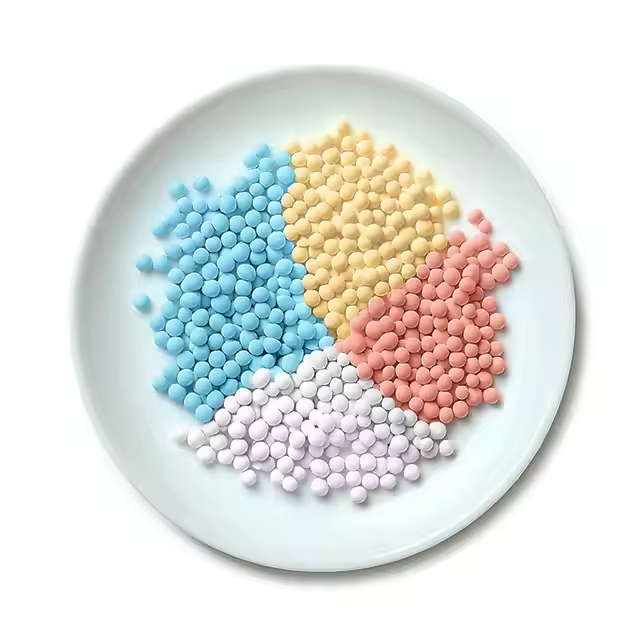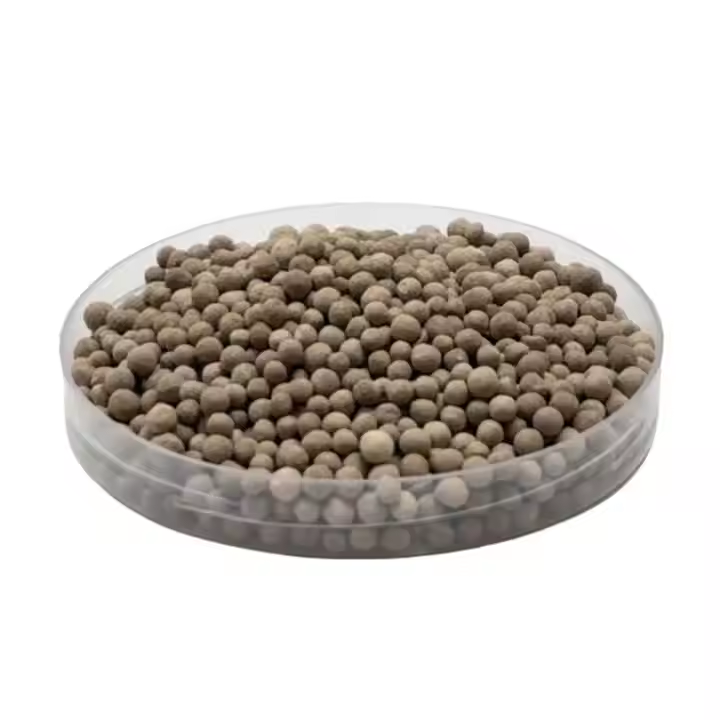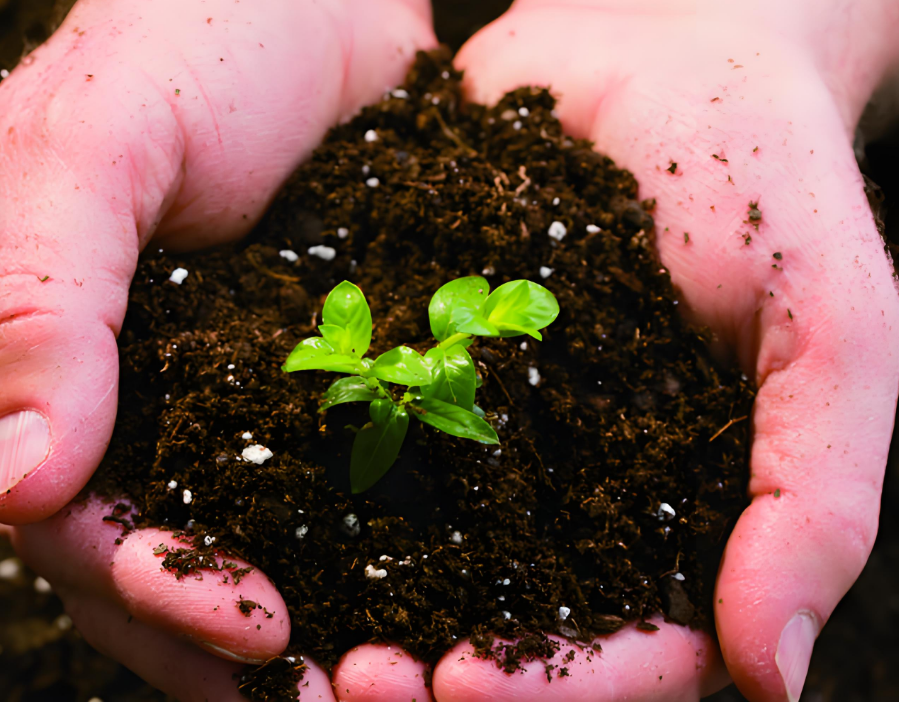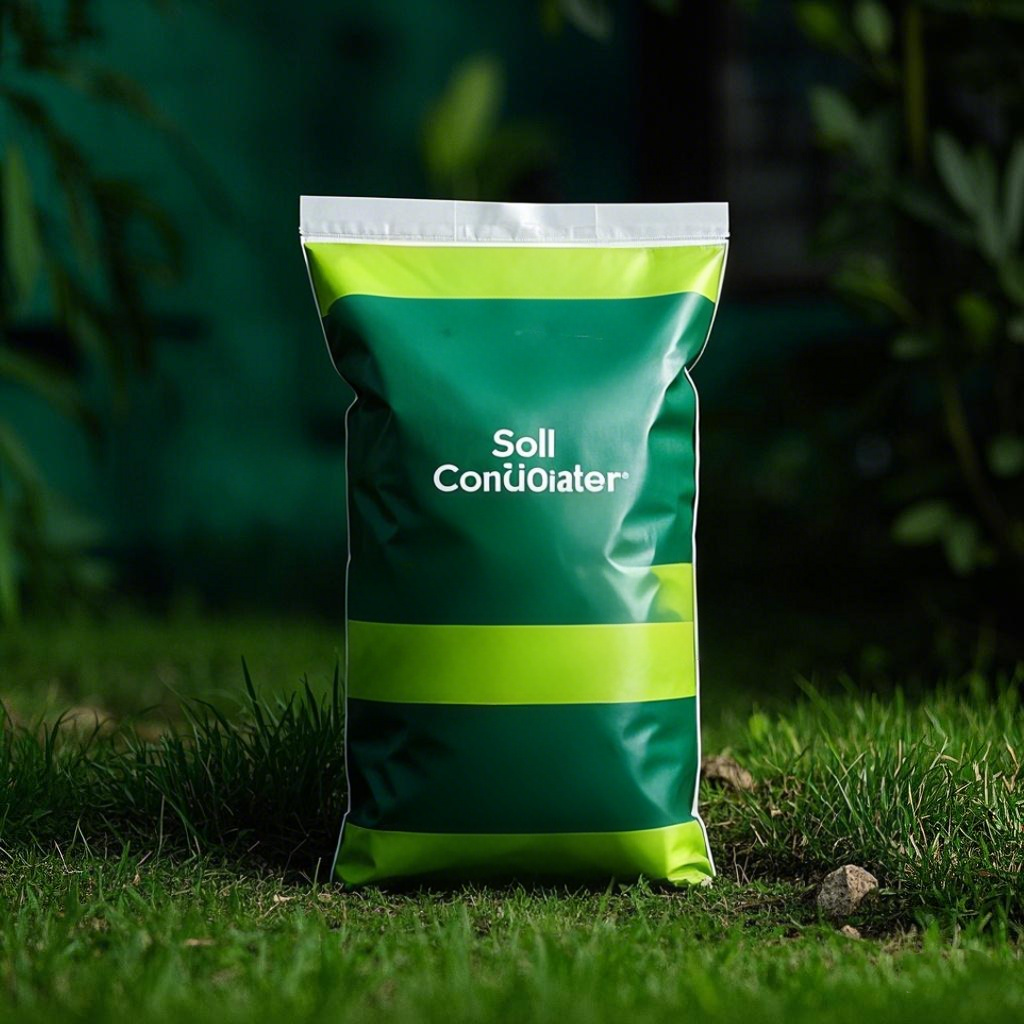**Stillbirth and Abortion in Rabbits**
Stillbirth and abortion in rabbits can be caused by a variety of factors, including nutritional deficiencies, toxic exposure, mechanical trauma, and underlying diseases. Understanding these causes is essential for maintaining the health and reproductive success of rabbit breeding programs.
One of the primary causes is **nutritional deficiency**. If the diet of a pregnant doe lacks essential nutrients such as protein, minerals (like calcium, phosphorus, selenium, zinc, copper, and iron), or vitamins (especially vitamin A and E), it can lead to developmental issues in the fetus. A lack of carotene and vitamin E, in particular, can result in the failure of fetal development, leading to miscarriages, weak or malformed kits, or stillborn offspring. Vitamin A deficiency may cause keratinization of the uterine lining, impairing placental function and increasing the risk of fetal membrane detachment. Similarly, a deficiency in vitamin E can cause early embryonic death, often referred to as "debridization," while late-term deficiencies may lead to premature birth.
Mineral imbalances, such as insufficient calcium or phosphorus, or deficiencies in trace elements like selenium and zinc, can also disrupt fetal nutrition, resulting in underdeveloped or deformed kits. Sudden changes in feed during pregnancy may further stress the mother and increase the risk of stillbirth or miscarriage.
Another major cause is **toxic exposure**. Feeds that are moldy, spoiled, or contaminated with toxins, pesticides, or other harmful substances can poison the doe, leading to digestive issues, fetal death, and stillbirths. Certain feeds with bitter or spicy properties, high acidity, or those contaminated with smut or rust should be avoided. Additionally, the use of strong medications—such as laxatives, diuretics, or uterine stimulants—can trigger miscarriages if administered improperly.
Vaccination during pregnancy is also considered a potential risk factor, as it can induce stress responses in the mother, potentially leading to spontaneous abortion. Therefore, it is generally advised to avoid vaccinating pregnant does unless absolutely necessary.
**Mechanical factors** can also contribute to stillbirth and abortion. Poorly trained personnel performing pregnancy diagnosis may accidentally damage embryos through improper handling. Plucking fur from pregnant rabbits can cause stress and interfere with fetal development. Rough handling, improper restraint, or sudden movements can startle the doe, increasing the likelihood of miscarriage. Similarly, free-range rabbits that become overly frightened may run around, hide, or collide with objects, which can injure the embryos.
Environmental hazards, such as sharp edges on feeders, rough cage surfaces, damp flooring, or poor ventilation, can lead to injuries, infections, or stress, all of which may result in stillbirths or abortions.
Finally, **diseases** play a significant role in causing stillbirths. Conditions such as enteritis, pasteurellosis, colibacillosis, heatstroke, and various parasitic infections can lead to fetal loss. Reproductive disorders like syphilis, metritis, or vaginitis can prevent successful mating or result in embryonic death. Inbreeding can also weaken the genetic health of offspring, making them more prone to developmental abnormalities and abortion.
In conclusion, preventing stillbirth and abortion in rabbits requires careful attention to nutrition, environmental management, disease control, and proper handling practices. By addressing these factors, breeders can significantly improve the health and survival rates of their rabbit litters.
Soil Conditioner
A soil conditioner is a material added to soil to improve its physical properties, fertility, and overall health. Unlike fertilizers, which primarily provide nutrients to plants, soil conditioners focus on enhancing the soil structure and its ability to retain moisture, aerate roots, and support microbial life. They are typically made from organic or natural materials such as compost, manure, peat, or humic substances, but can also include synthetic options like gypsum or polymers.
The main benefits of soil conditioners include improving soil texture, preventing compaction, increasing water retention in sandy soils, and enhancing drainage in clay soils. They also help balance soil pH, making nutrients more available to plants. Additionally, soil conditioners support beneficial microorganisms that decompose organic matter, recycle nutrients, and promote healthy plant growth.
Overall, soil conditioners are crucial for long-term soil health, ensuring better crop yields, improved plant vitality, and sustainable farming practices. They are used in both agricultural and gardening applications to maintain soil quality and promote optimal growing conditions.
Soil Conditioner,Organic Soil Conditioner,Granular Soil Conditioner,Soil Structure Enhancer
Zhengzhou Bridge Biochem Co.,Ltd. , https://www.biochemfeeds.com







